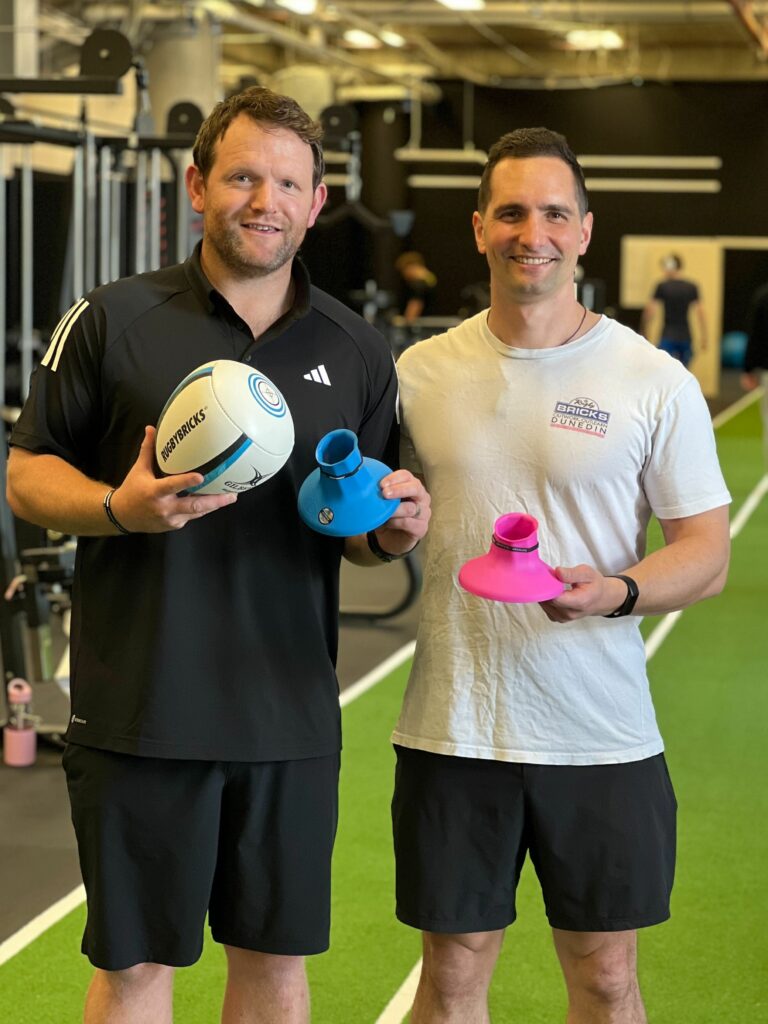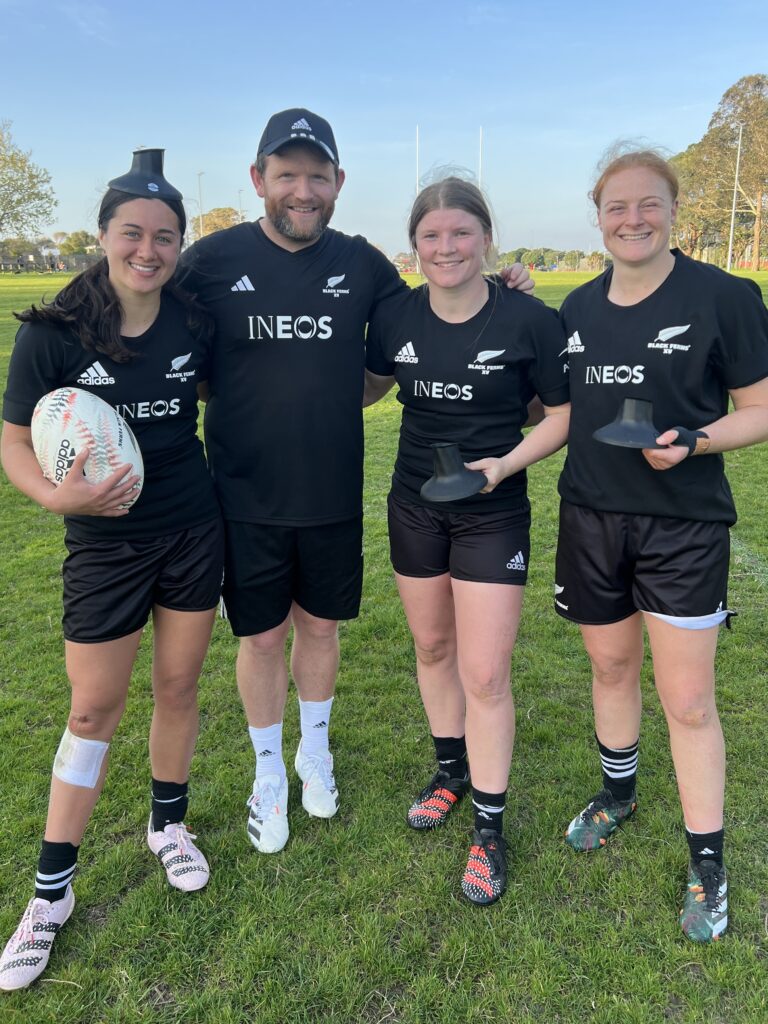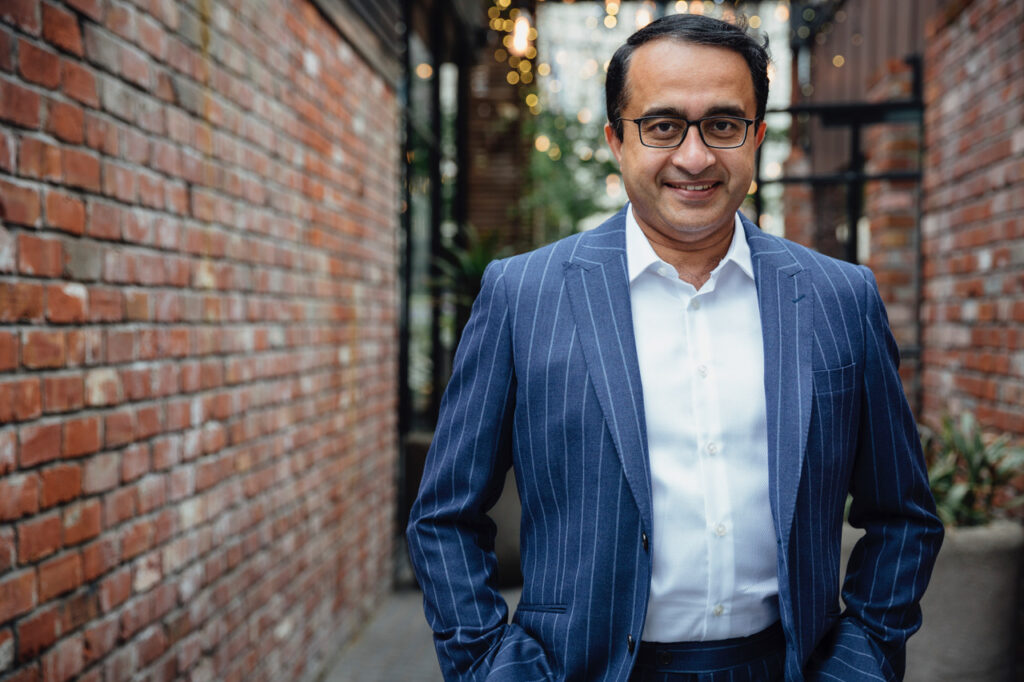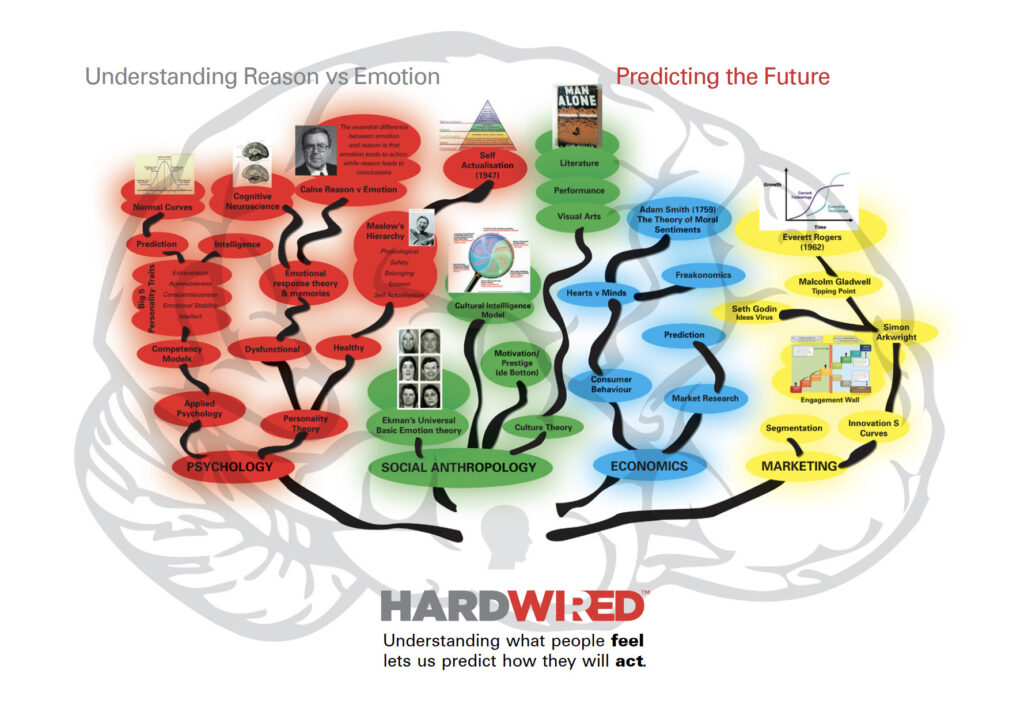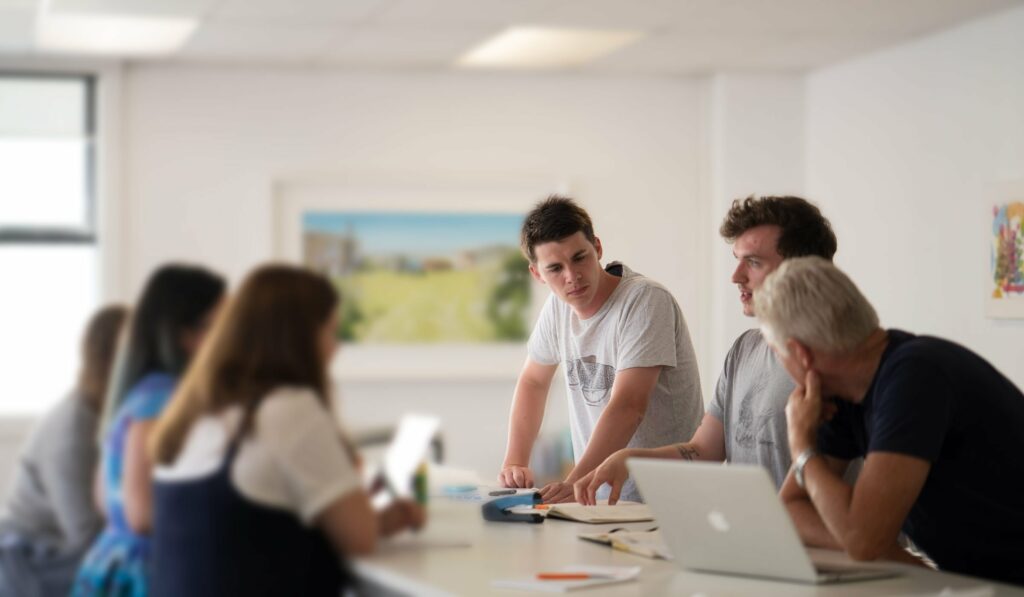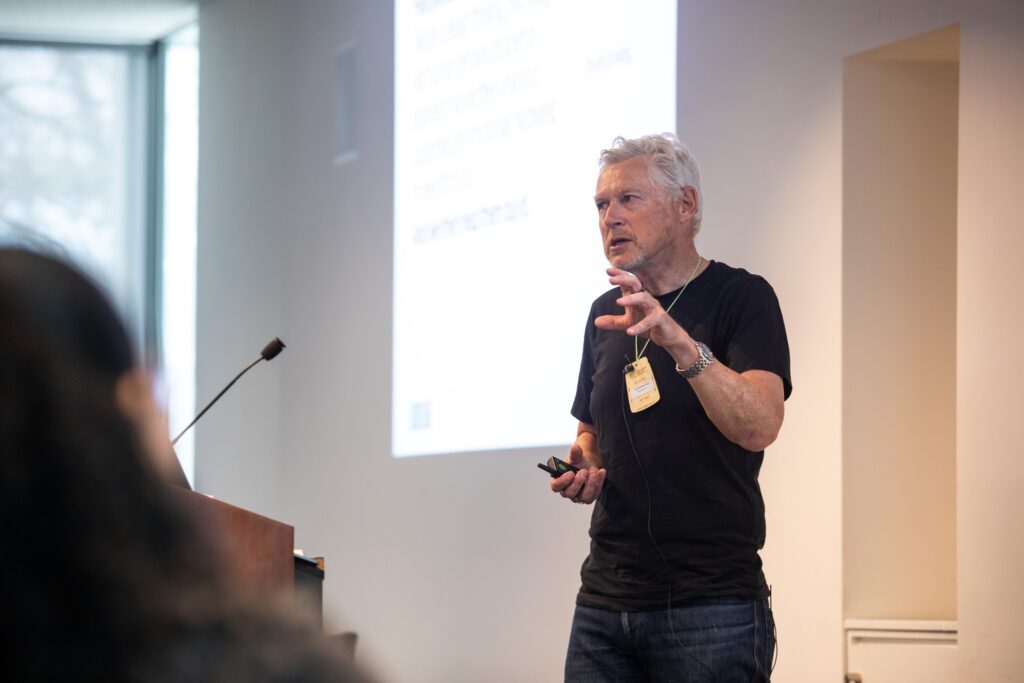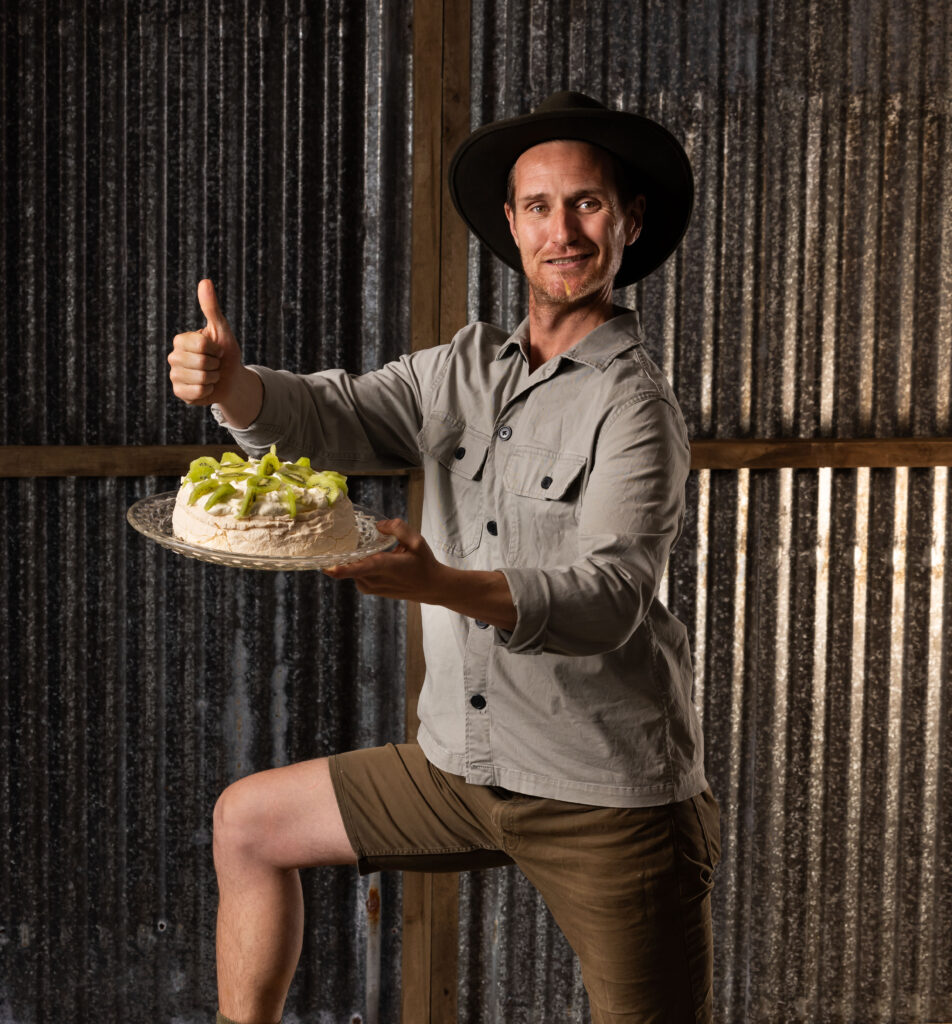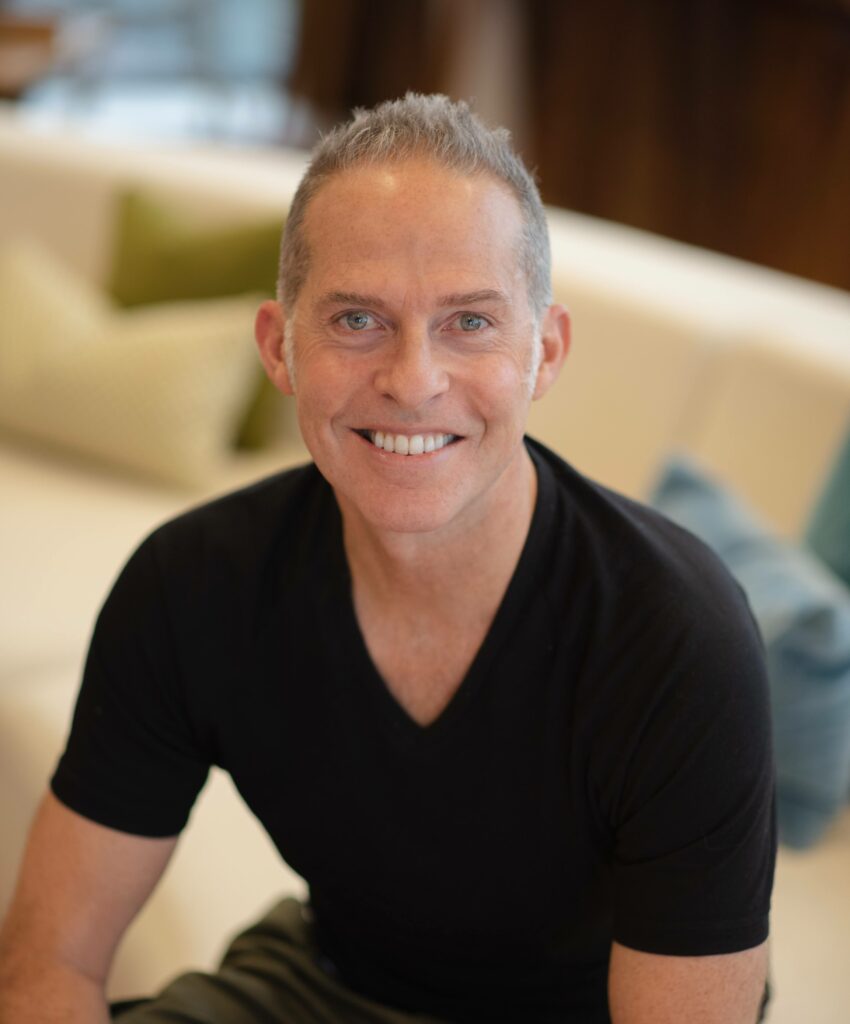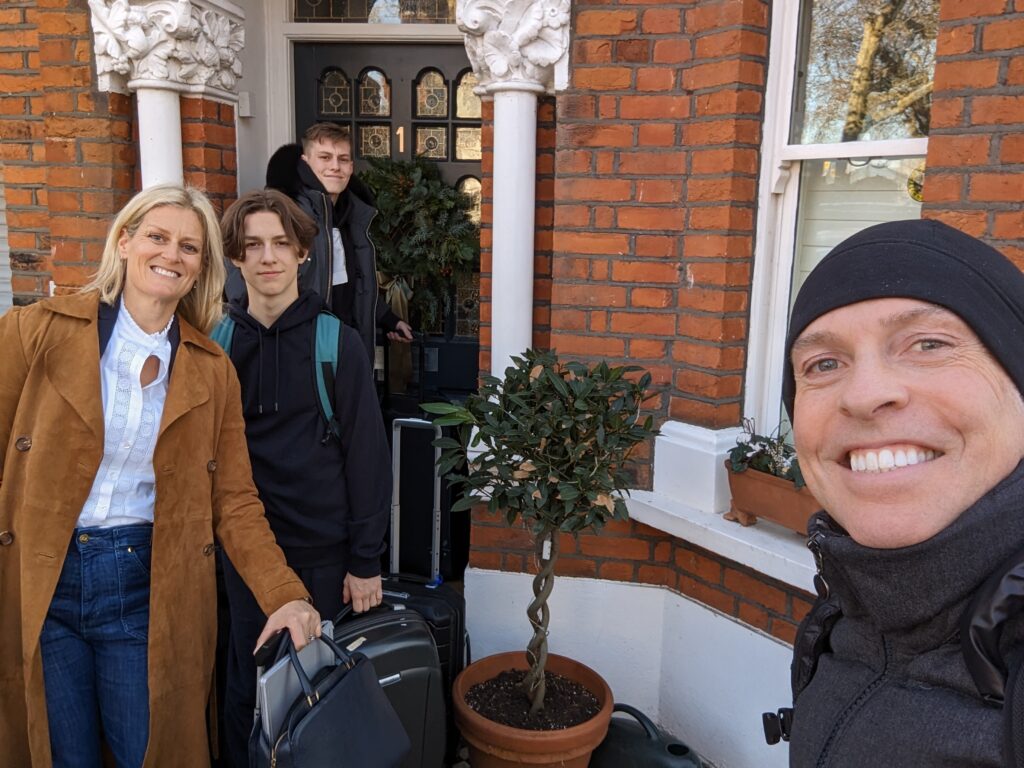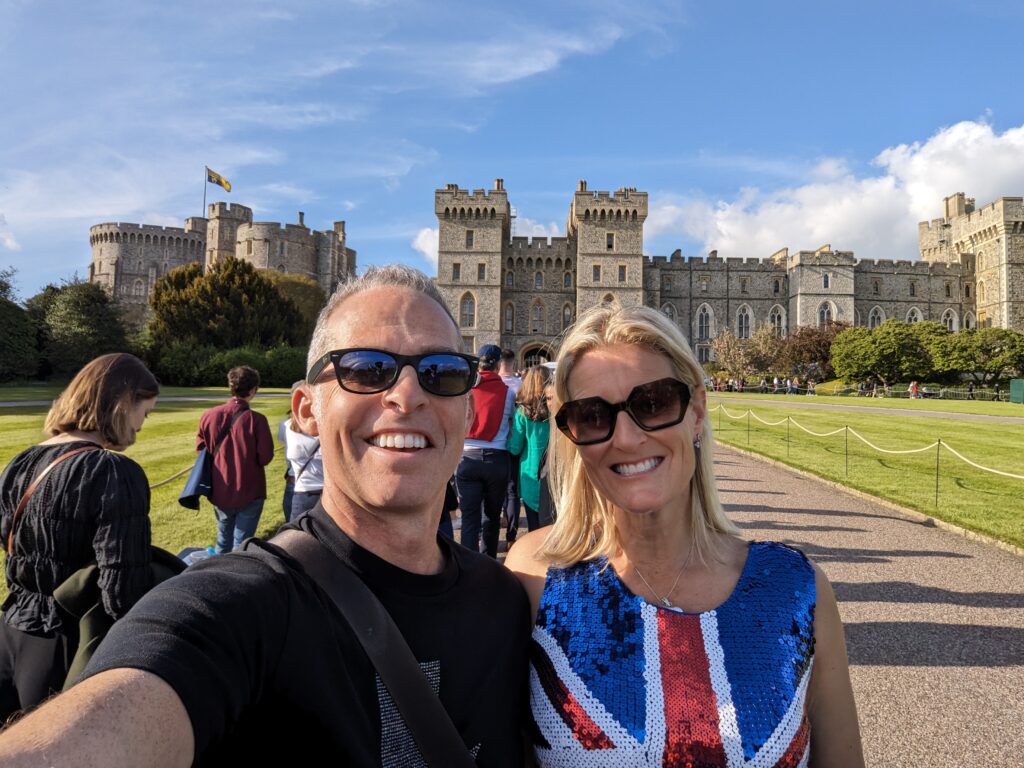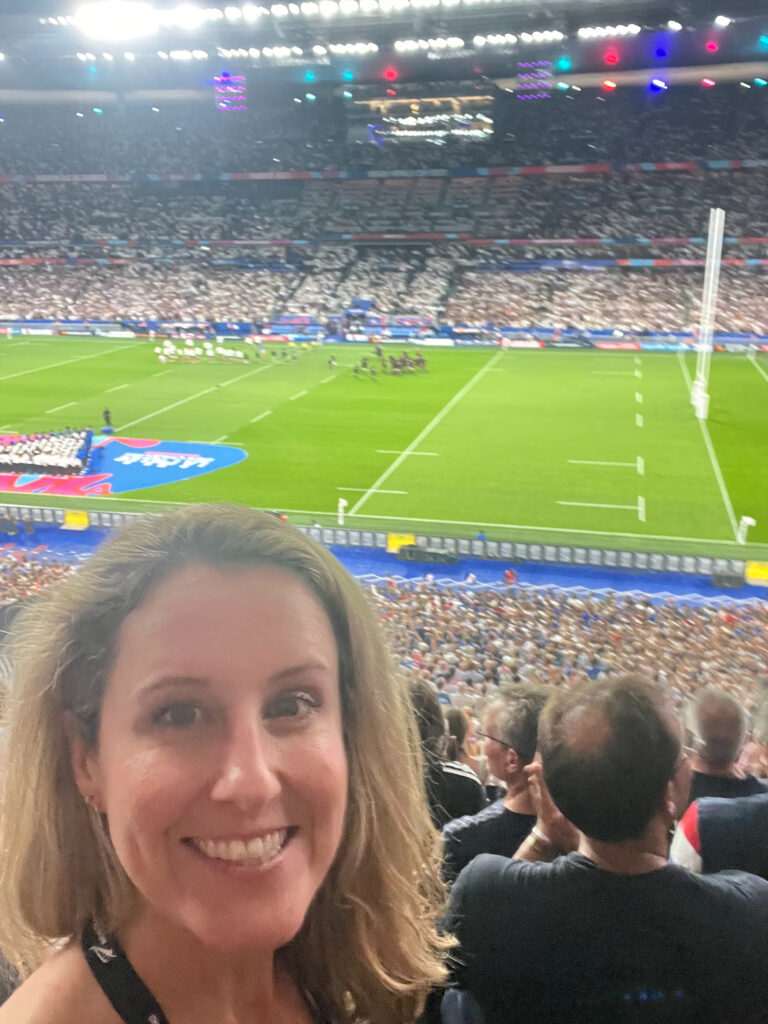
Sarah Smart
How are you involved in the tournament? I have been fortunate to attend some of the RWC23 games as part of the business leveraging program with NZ Trade and Enterprise. I have hosted a key strategic customer and supplier.
What is it about this event every four years that brings Kiwi all over the world together? As a Kiwi growing up in NZ most of us have memories of watching the All Blacks play all over the world at Rugby World Cups. It feels like a right of passage to get up early or stay up late with the family watching a game somewhere in the world. Nowadays there are messages flying around while we are all watching from different corners of the world, and in different time zones, bringing us all together.
How does the event work to raise New Zealand’s profile on the World Stage? It brings to life just how iconic the All Blacks and other talented kiwi sports people are on the world stage. It is a very proud moment to be a Kiwi.
All sport at a global level has the ability to surprise or create big upsets – how do you think the tournament to date has served up the surprises? What other ones do you see coming? Having all quarter final games being that close and tense was unexpected and made for an amazing weekend of rugby…and lots of nail biting! The hosts losing to South Africa on the Sunday evening was the biggest surprise, and having been at the opening game and seeing first-hand the passion from the home crowd in the stadium, the defeat will have hit hard. The level of rugby has been exceptional and is going to make for an incredible final! I can’t make any predictions but I will be supporting the ABs.
Kelvin Lynch
What is your interest in the RWC?/ How are you involved in the tournament? My interest is purely as a spectator. I love the event and it’s always an opportunity to catch up with friends that have travelled over from New Zealand. It’s not all about the rugby either. I enjoy the opportunities to explore the host countries as well. For example on this trip we have been wine tasting in Burgundy, following in the footsteps of my grandfather in World War 1, attended the opening of the New Zealand Liberation Museum (Te Arawhata) in Le Quesnoy, and taking in the sights of Brugge, Ghent, and Brussels as well as the rugby match cities of Paris, Toulouse, and Lyon.
What is it about this event every four years that brings Kiwi all over the world together? We’re a nation of travellers and we tend to value experiences over material possessions slightly more than some other countries in my opinion. We have also had a consistently brilliant team to support throughout the Rugby World Cup era. That helps.
How does the event work to raise New Zealand’s profile on the World Stage? Travelling New Zealanders become temporary ambassadors when it comes to Rugby World Cups, and in talking to people you realise just how much they love our country and our story. It’s a great opportunities for companies and our own government to leverage the tournament and the value in the All Black brand to further their objectives. And have a bit of fun with it as well.
All sport at a global level has the ability to surprise or create big upsets – how do you think the tournament to date has served up the surprises? What other ones do you see coming? The tournament hasn’t thrown up many upsets per se, but we’re not seeing as many blow-outs as some previous editions. The Pacific Island teams are strong again and some of the fans of the lesser known nations have been fantastic. Hats off to Portugal for example, and what a result their team provided them in beating Fiji. This weekend I just hope that the bounce of the ball goes our way.
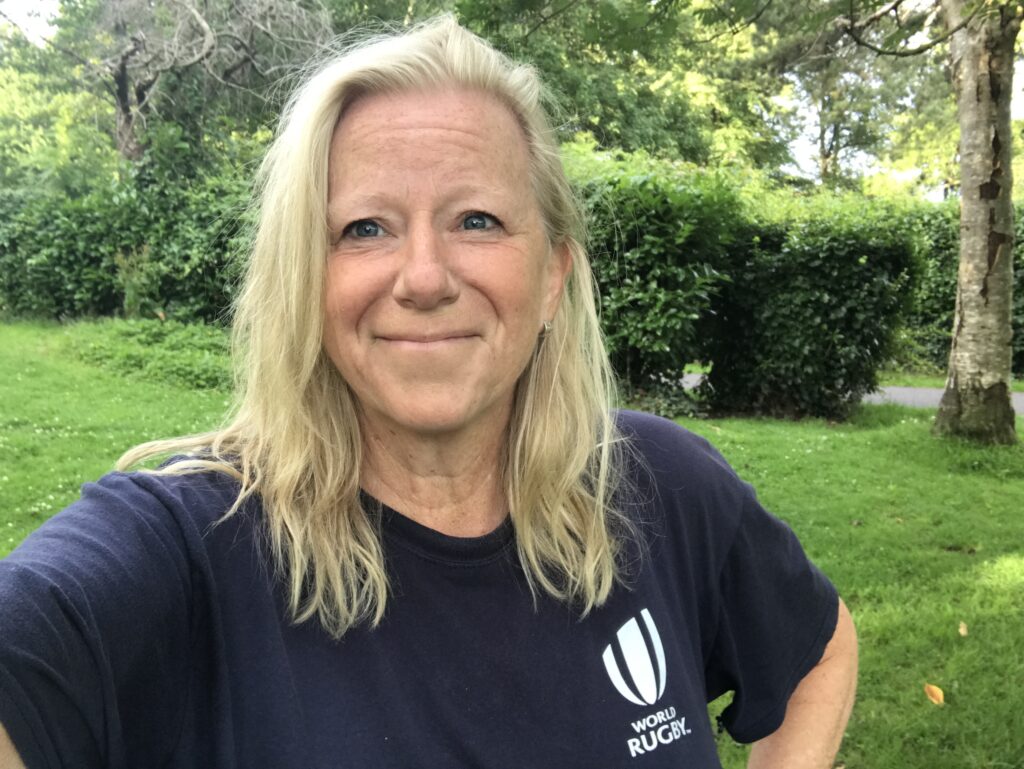
Katie Sadleir
How are you involved in the tournament? I worked for World Rugby for 5 years based in Dublin as the GM Womens Rugby for the World and was in Japan during the last RWC. I have now moved into the position of CEO of the Commonwealth Games Federation buy have been invited to the RWC as a guest of World Rugby for the Finals weekend.
What is it about this event every four years that brings Kiwi all over the world together? I like to think its not just this event, The Black Ferns win at the last RWC in New Zealand was pretty spectacular as has been the amazing results from the NZ Sevens teams at both the Sevens Series and the Sevens World Cup. NZ has had incredible success on a world stage with all its national rugby teams and these events happen every year.
How does the event work to raise New Zealand’s profile on the World Stage? The All Black Brand and now the Black Ferns brand are recognised in the elite of the elite sporting brands. I get the opportunity to attend many international sporting conferences and the brand is always present in promotional videos of international successful teams. The NZ Teams being the success that they are bring direct attention to NZ and all the other amazing things that NZ stands for in terms of culture, trade, tourism and foreign affairs.
All sport at a global level has the ability to surprise or create big upsets – how do you think the tournament to date has served up the surprises? What other ones do you see coming? Well the QFs showed the surprises to the max…the All Blacks win against Ireland, Argentina win against Wales and then there was the spectacular Fiji team….a country that plays so above its weight on a world stage in both men and women’s rugby. That was truly a nail-biting game…Fiji vs England. Sport is sport, and anything can happen in an All Blacks vs South Africa final

Mike Moeahu
How are you involved in the tournament? I’m very privileged to work for New Zealand Rugby and be a part of the ‘Teams in Black’ journey from a professional stand point – that being said, I am like many kiwi’s, a fervent, life long affinity to rugby, playing, watching and fan.
What is it about this event every four years that brings Kiwi all over the world together? The Black Jersey on any of the ‘Teams in Black’ is a binding agent for New Zealanders everywhere – we inherently have a sense of passionate ownership in supporting our people with immense pride – and when its on the world stage we want to be a part of that.
How does the event work to raise New Zealand’s profile on the World Stage? Whenever New Zealand is front and centre on the world stage our profile is raised. The RWC is the third largest sporting event on the plant behind the Olympic and Football world cup. The All Blacks brand itself transcends borders and enables all forms of engagement, promotion and awareness to brand New Zealand. Culture, commerce, and people – it its truly brilliant.
All sport at a global level has the ability to surprise or create big upsets – how do you think the tournament to date has served up the surprises? What other ones do you see coming? I won’t talk about the sport results but more the fact of how a stage like this, provides and reaffirms happiness in peoples passion to support one another, be together, share in the success and pain of results in a wonderful way. The crowds have been amazing the instant friendships that rugby can enable in bringing people together from all walks of life is the constant surprise and delight. As for this weekend, no comment haha – rugby will be played.

Finian Scott
How are you involved in the tournament? A few friends and I were on the case early and booked ‘follow my team’ tickets two and half years ago in London. It’s fair to say after a few years of lockdowns and WFH, it has been epic to experience live sport again. I’ve been fortunate to experience this RWC alongside my brother and his fiancé at the tail end of their OE.
What is it about this event every four years that brings Kiwi all over the world together?
For Kiwi’s rugby invokes unparalleled passion and gives us a sense of place on the world
stage. I managed to get along to some of the RWC 2011 games back home in NZ and the live
event is hard to beat. More recently, I tuned in from afar to watch the Kiwi wahine toa claim
their equivalent women’s world cup last year in that epic final against England. Each time we
all get behind NZ competing on the world stage it gives us a chance to reconnect, meet new
friends and share in something special. Over the past few weeks watching the ABs, while the rugby has been brilliant, what has been most memorable for me are the connections made and the strong sense of camaraderie amongst Kiwi fans.
How does the event work to raise New Zealand’s profile on the World Stage? The RWC shines a spotlight on the game many of us in NZ grew up with and the tournament provides a global platform to celebrate NZ culture. You could hear a pin drop in Stade de France at that opening game as the haka took place. Spine tingling. Equally, at the same time the tournament itself breaks down language and cultural barriers as rival fans become mates over a beer or watching a match.
All sport at a global level has the ability to surprise or create big upsets – how do you think
the tournament to date has served up the surprises? What other ones do you see coming? Undoubtedly the excitement this RWC has come from Fiji. Particularly in that game against
Aussie and also when they took it to the wire with the Welsh as well. I always thought it NZ make it through the QF the cup could be anyones. Game on.
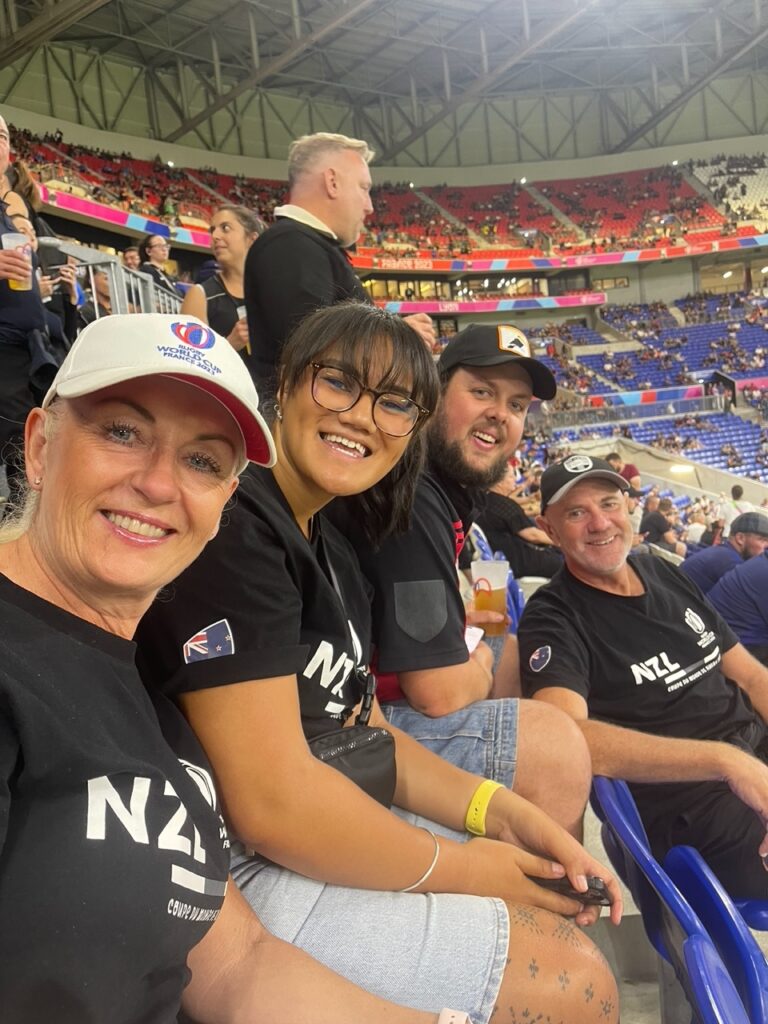
Richard and Nicky Morgan
How are you involved in the tournament? Nicky and I did the RWC when it was in France last in 2007, and loved the experience so much we always wanted to return when France hosted it next. We purchased the All Blacks Pool Game package – so have been following them around Paris, Toulouse and Lyon before heading to the semi-finals.
What is it about this event every four years that brings Kiwi all over the world together? Rugby is such an iconic sport in NZ, and to have the opportunity to see the All Blacks play multiple international teams over a short duration, combined with an opportunity to see them crowned
World Champions, is hard to miss for any kiwi sporting fan. And to bring that all together in France, who also have such respect and passion for the game, and the immense respect that they have for the All Blacks, the haka and our combined rugby history, makes touring France in particular a “must do” for many Kiwi rugby fans.
All sport at a global level has the ability to surprise or create big upsets – how do you think
the tournament to date has served up the surprises? What other ones do you see coming? Being able to attend the opening game was an outstanding experience, the level of energy and
enthusiasm in the stadium was electric, the French singing and the respect that they showed the
game was surprising and impressive; and it was a great game, and honestly I didn’t mind seeing the All Blacks lose, the French deserved the win and it got the tournament off to an awesome start. I have been pleasantly surprised by the immense respect the crowd at each game has shown the haka. You could almost hear a pin drop in a stadium of 60,000 to 80,000 people, as the French watch it being performed (with what looks like about half of them filming it at the same time) – talking to some French fans around us, it was almost the highlight of the game for them, seeing the haka live for the first time. Go the ABs.

 MENU
MENU

